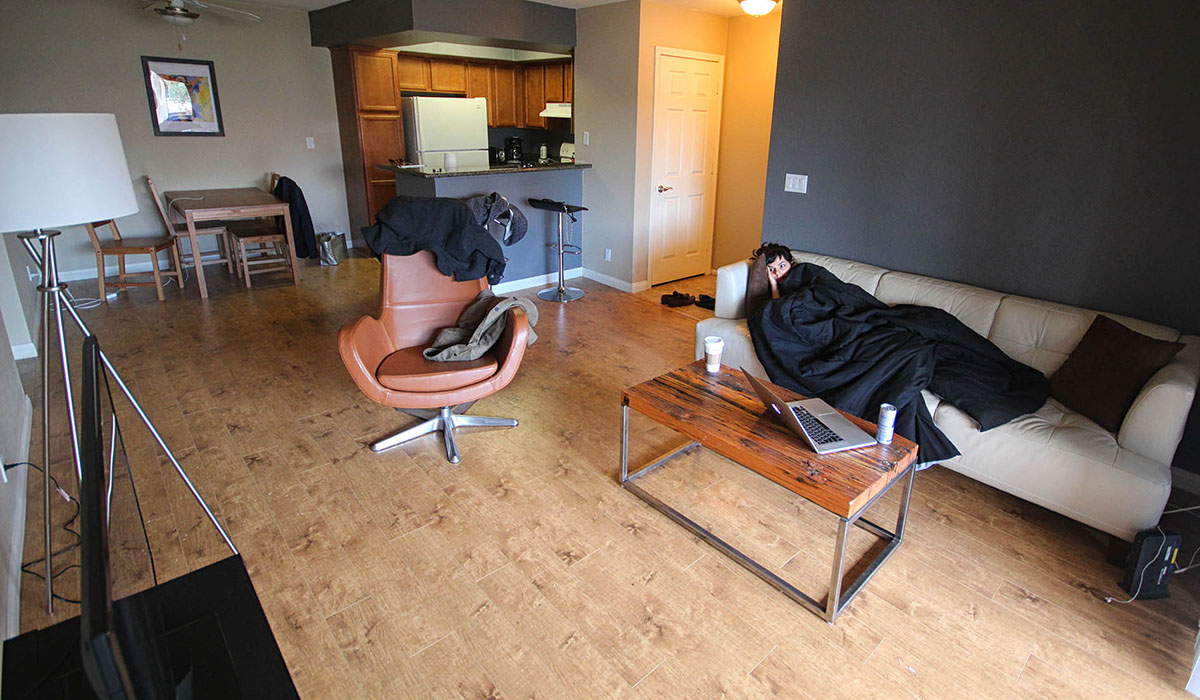Savvy Airbnb operators are managing entire portfolios of spare rooms for rent by tenants seeking to offset rental costs.
The practice, detailed in a recent media survey, is a lucrative one for those who approach it like a business, with some estimating yields of up to 14 per cent – more than double a traditional residential return.
While government regulators worldwide are struggling to keep pace with the booming share economy, the practice of subletting itself is legal.
In Victoria, for example, a tenant needs written consent from their landlord to sublet a room. The same is true in Queensland.
“If the tenant would like to sublet a room they must have written permission from the property owner or manager,” said Residential Tenancy Authority (RTA) CEO Darren Barlow. “If the tenant and owner/agent agree they set their own terms.”
But legislation varies from state to state and it’s not always clear cut. In a general tenancy agreement in Queensland a tenant is responsible for damage caused to the property, minus fair wear and tear. But the state’s Residential Tenancies and Rooming Accommodation Act 2008 does not apply to short-term accommodation of less than six weeks.
On Airbnb, tenants and hosts live and die by their online reviews, which deter bad behaviour but can’t prevent it altogether. So it pays for landlords and tenants to go into any short-term subletting arrangements with their eyes wide open and fully informed of the state and council regulations which apply in their local area.
The scale of the Airbnb subletting practice is difficult to quantify. A media survey in Melbourne identified about a dozen subletting operations. While the RTA believes the practice is not yet widespread in Queensland. Or at least it’s not a problem with only one dispute of the 26,000 the RTA handled in the past year related to Airbnb.
With Airbnb continuing to grow rapidly in Australia it is a phenomenon landlords and property managers should watch closely.
“More than just maximising your rental yield, a good property manager will give you peace of mind,” said Watt Realty CEO Justin Watt. “Clear communication will ensure landlords and tenants land on the same page when it comes to negotiating the terms of their rental agreement, and regular inspections and monitoring of short-stay websites on their clients’ behalf will turn up any unusual activity.”
Pondering your own property management strategy?
Check out our property management offering here >
Or make the switch to Watt and get your First 3 Months FREE.
